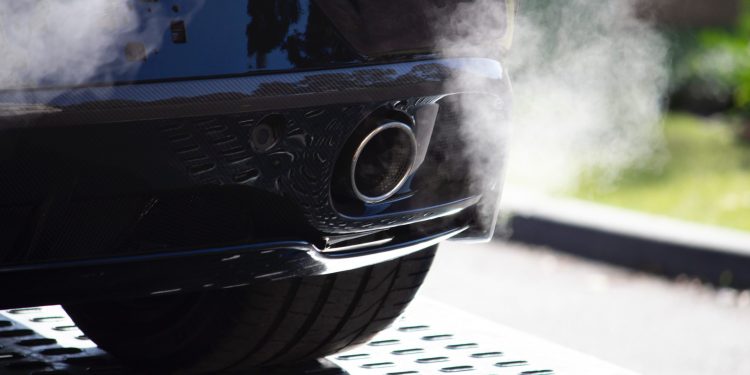Government says fuel tax cuts are increasing emissions
Words: Harrison Wade
Originally reported by the NZ Herald, New Zealand Transport Minister Michael Wood has said the ongoing fuel tax and road user charge (RUC) cuts are contributing to an increase in emissions.
Back in March this year, the government reduced fuel excise duty by 25 cents per litre and made an equivalent reduction to RUCs in order to alleviate New Zealand’s cost of living. It also slashed public transport fares in half.
The policy allowing the cuts was put through parliament without going through the Climate Implications of Policy Assessment (CIPA). CIPA dictates that Cabinet papers that may have an impact on emissions that total more than 500,000 tonnes of CO2 equivalent within ten years must be analysed.
While an analysis was initially skipped, it was conducted after the policy had been put in place.
However, the cuts were only intended to last three months but due to the high cost of fuel, they have been extended to the end of January 2023.
Wood said that this extension would lead to an increase in emissions.
“It didn’t meet the requirements under the formal cabinet note but we have done an assessment as to the impact there,” Wood says.
“There is a small overall impact [to emissions], which is assessed as a result of the reduction, but overall in terms of our emissions-reduction programme work it was relatively small.
“This is one of those situations where we’ve felt the financial pressures were very pressing on many New Zealanders as a result of the global-energy shock so we took action. At the same time, it was important we understood what the impact of that might be so we could assess against the broader programme what the emissions impact of that might be.”
The government is still on track to meet its emissions targets by 2025 added Wood.
On the other hand, Green party transport spokesperson Julie Anne Genter says her party does not support the tax cut extension.
“We can and must respond to the current cost of living challenges in a way that allows us to address the climate crisis. Otherwise, we are never getting off this fossil-fuel treadmill and there will be dire consequences for human wellbeing,” says Genter.





